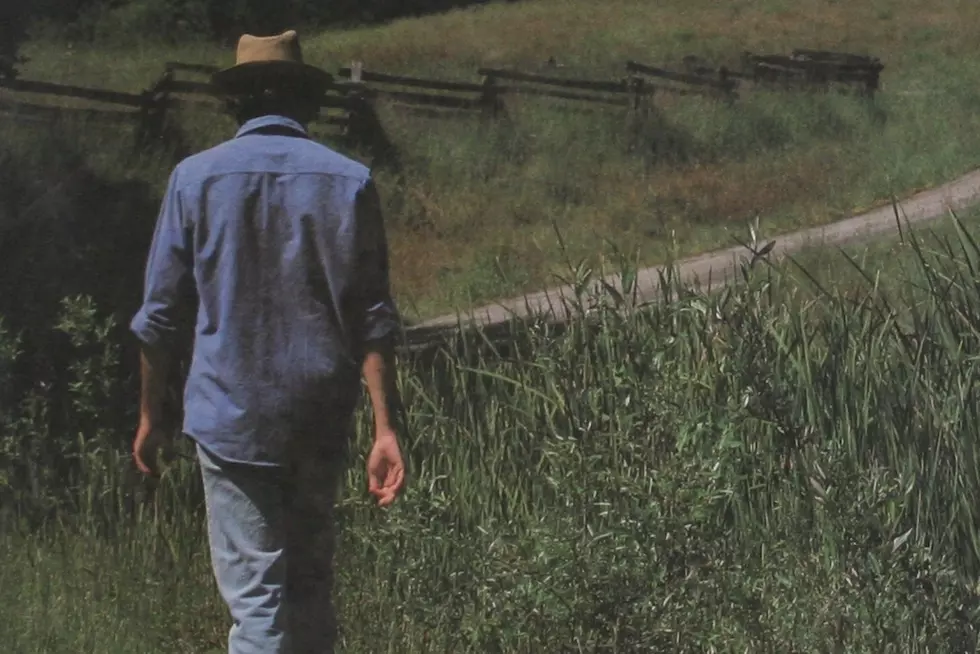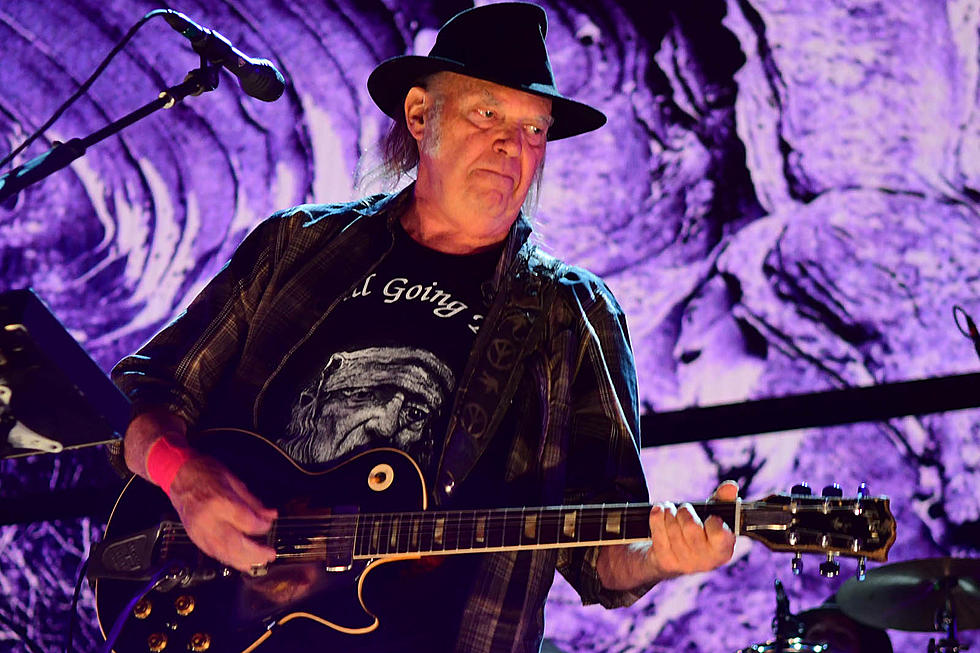
How Neil Young Took Another Surprising Turn on ‘Old Ways’
Neil Young's label didn't want it, and his fans didn't either. But that didn't stop the singer-songwriter from putting out a country record. In fact, he forcefully argues – on a key track from Old Ways, which was released on Aug. 12, 1985 – for the inevitability of a return to one's roots.
On some level, Young had done this before, diverting toward a down-home vibe on earlier triumphs like After the Gold Rush and Harvest. But those albums tended toward folk styles rather than the Nashville twang that surrounds Old Ways. And Young – in a bold answer to a question he first posed in "Are You Ready for the Country?" – dove headlong into this new phase.
Country legend Waylon Jennings appears on six of the 10 tracks, including "Get Back to the Country"; Willie Nelson shows up on "Are There Any More Real Cowboys?" The album's rustic sound was dominated by the inclusion of Rufus Thibodeaux on violin and Ben Keith on pedal steel.
Geffen Records execs, having already endured 1982's head-scratchingly techno-focused Trans, were understandably confused. After all, they'd signed a Baby Boomer-era rock legend and had yet to receive anything of the sort for release from him. The label rejected the initial version of Old Ways, demanding – and getting, with 1983's Everybody's Rockin' – an album of straight-ahead rock songs.
Geffen then filed a multi-million dollar lawsuit against Young, charging him with purposely putting out non-commercial material. Young countersued, and Old Ways sat on the shelf for a few years. When it finally arrived, the project stalled at No. 75 on the U.S. chart and barely cracked the U.K. Top 40.
But those numbers don't do justice to the smaller, more personal statements that power this often-overlooked gem. Young looks back longingly at youth, both his own ("Where Is the Highway Tonight?") and his children's ("My Boy"), but he doesn't get lost in nostalgia. The title track, which takes a bluesier turn, reminds us that "old ways can be a ball and chain." Young's frisky sense of adventure – he opens with a cover of the gypsy-life standard "The Wayward Wind" – simply wouldn't allow him to fall into cliche.
"Bound for Glory," for instance, starts where a trainload of other country songs might: with a solitary driver found tooling along the Trans-Canada Highway, eventually stopping to pick up a hitchhiker and her dog. From there, however, it becomes more intimate, more writerly — as far away from the genre’s typical reliance on narrative literalness and easy sentiment as Young's traveler is from his own wife and kids when the inevitable affair begins. That's emblematic of Old Ways, a theme record unbound by its own construction and one that seems entirely heartfelt.
It's not a perfect set of songs. But perhaps that's just right for such an imperfect time in Young's career. Backward looking but forward thinking, Old Ways reminds us, once and maybe for all, not to dismiss anything about this stubborn and interesting character – even experiments that once looked like missteps.
See Neil Young Among Canada’s Top 10 Rock Acts
More From Ultimate Classic Rock









